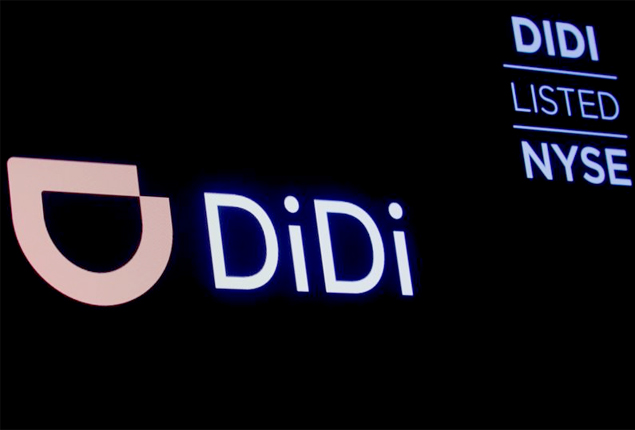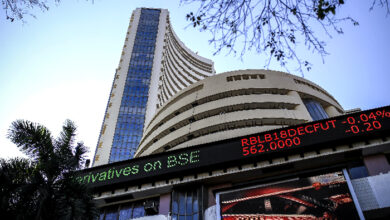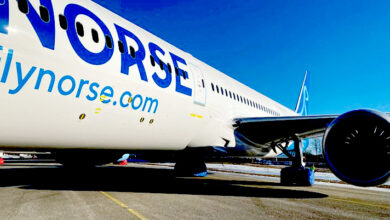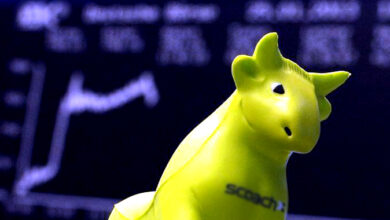Xpeng Scoops Up Didi’s EV Division in a Potential $744 Million Agreement

HONG KONG – In a strategic move, China’s electric vehicle (EV) producer, Xpeng, is set to purchase the electric car segment of Didi, valuing the transaction at a staggering $744 million. This acquisition aims to enhance Xpeng’s production capabilities while reducing overall costs.
The news triggered a remarkable 11% surge in Xpeng’s shares in Hong Kong’s stock market. This upward trajectory followed closely behind the company’s decision to sell a stake to and collaborate with Germany’s automotive giant, Volkswagen.
As part of the all-stock transaction, Xpeng has plans on the horizon to introduce an A-class model by next year, christened ‘MONA’. This new vehicle is expected to target the 150,000 yuan ($20,000) price segment, distinctly more affordable than Xpeng’s current product line, which typically starts above the 200,000 yuan mark.
While acknowledging the expertise of veteran automakers like Volkswagen, Xpeng’s CEO, He Xiaopeng, emphasized the importance of their partnership with Didi. This collaboration aims to significantly scale up the initial production of the car, achieving a fine balance between innovative objectives and efficient supply chain operations. He projected that the MONA model wouldn’t just cater to fleet sales but would also target individual consumers, with an ambitious annual sales goal of 100,000 units.
For a while, there was buzzing speculation regarding Didi’s entrance into the car manufacturing arena. However, this transaction marks a pivotal shift in Didi’s strategy. Interestingly, this is Didi’s most significant move since its app re-emerged on Chinese platforms post a regulatory freeze earlier in the year.
With a saturated EV market and fierce competition in China, newer players like Didi find it challenging to secure a foothold. Even global tech powerhouse Xiaomi had to patiently wait for two years after its initial announcement before obtaining regulatory approval to produce EVs.
Automotive Foresight’s managing director, Yale Zhang, lauds Xpeng’s advanced technology, suggesting that Didi’s alignment with Xpeng reflects a strategic focus on tech prowess. This partnership promises to be mutually beneficial, offering Xpeng a salient platform to broaden its reach to other businesses. “It’s a commendable strategic pivot,” Zhang remarked.
Breaking down the specifics of the agreement, Didi will acquire a 3.25% stake in Xpeng by purchasing shares at HK$64.03 each, aggregating to $474 million. If Xpeng meets certain vehicle delivery milestones, Didi’s share could potentially grow to 5.26%, pushing the deal’s worth to the upper limit of $744 million.
The two companies also hinted at exploring deeper strategic alliances spanning multiple domains, such as marketing initiatives, financial offerings, and insurance solutions. They expressed mutual interest in the realms of EV charging infrastructure, the development of robotaxis, and penetrating international markets. Didi has been investing in developing robotaxis, setting their sights on a 2025 deployment.
However, Xpeng, which is also recognized in the New York stock exchange, has faced challenges with mounting losses and a dip in sales, possibly due to the aggressive pricing strategies introduced by Tesla earlier this year.
The competitive landscape of the Chinese auto market is undergoing rapid evolution. Earlier this year, CEO He Xiaopeng anticipated that by 2030, out of the existing 65 automakers, only a handful, roughly eight, would remain dominant players.
For some perspective on market share, while Xpeng sold approximately 41,000 EVs in the first half of the year, competitors like BYD and Tesla recorded sales figures of 550,000 and 294,000 EVs, respectively.





